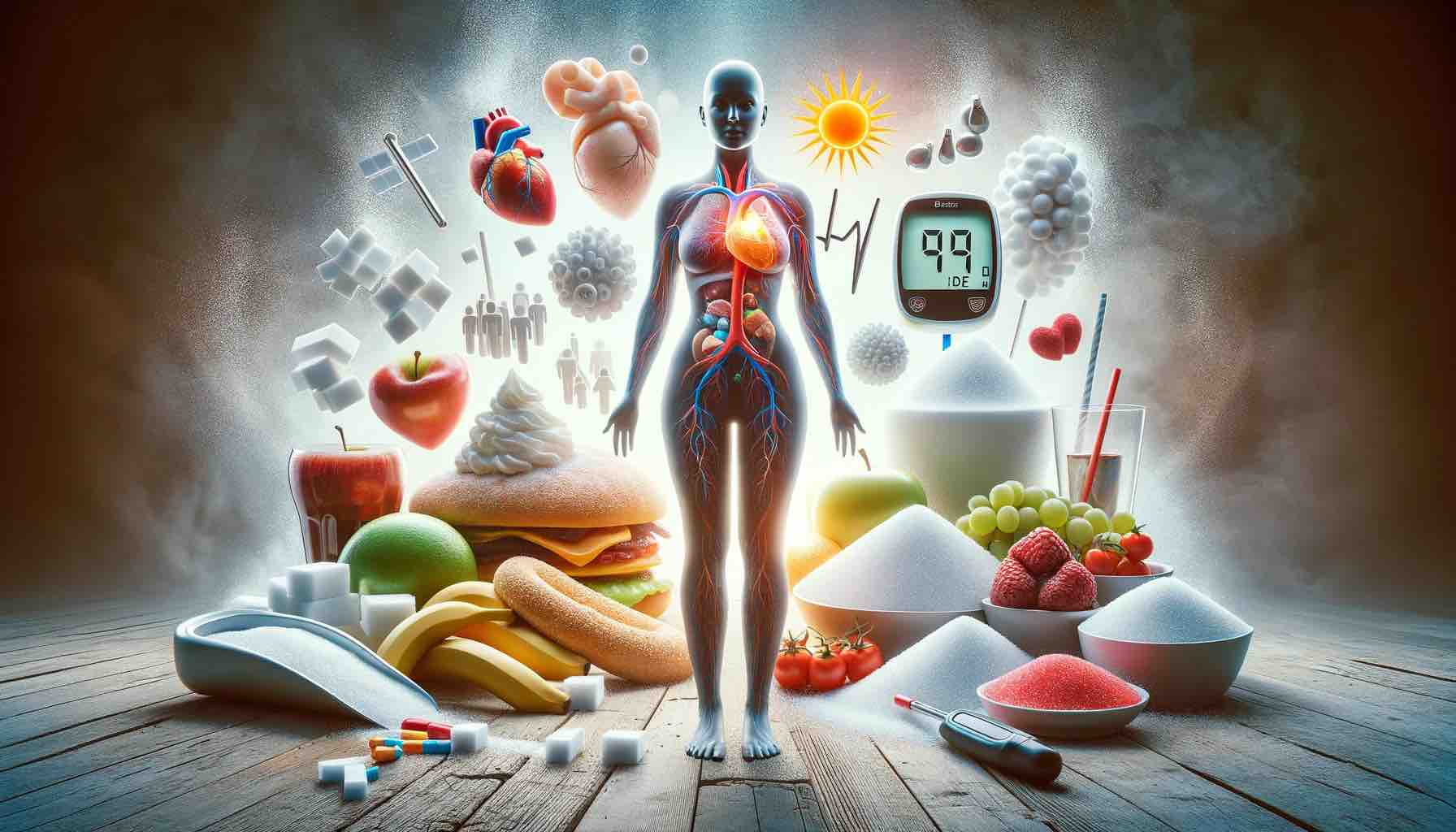
Coffee, an essential part of many people’s daily routines, is much more than a wake-up call. Its two most popular bean varieties, Robusta and Arabica, not only offer distinct flavors and experiences but also possess unique health profiles. This post delves into the health benefits and nutritional nuances of these two coffee giants.
The Beans: An Overview
Arabica:
- Origin and Characteristics: Predominantly grown in Latin America, Eastern Africa, Arabia, and Asia. Arabica beans are known for their sweeter, softer taste with tones of sugar, fruit, and berries.
- Cultivation: They require more care and attention, thriving at higher altitudes with steady rainfall and ample shade.
Robusta:
- Origin and Characteristics: Found mostly in Africa, Indonesia, and Vietnam, Robusta beans are known for their strong, harsh, and nutty flavor profile. They are less acidic and significantly more bitter than Arabica.
- Cultivation: These beans are hardier, capable of thriving in varied climates and resistant to pests and diseases.
Nutritional Content and Health Implications
Caffeine Content:
- Robusta: Contains around 2.7% caffeine content, almost double that of Arabica. The high caffeine content can stimulate the nervous system, enhance alertness, and improve concentration. However, it may also lead to increased heart rate, anxiety, and digestive issues in sensitive individuals.
- Arabica: With about 1.5% caffeine content, it’s a milder option for those sensitive to caffeine’s effects.
Antioxidants:
- Chlorogenic Acids (CGAs): Both beans are rich in CGAs, potent antioxidants that can help reduce the risk of chronic diseases. Robusta tends to have a higher concentration, providing a stronger antioxidant effect which might help in reducing inflammation and combating free radicals.
- Other Antioxidants: Arabica beans have a higher content of lipid-soluble substances, including tocopherols, which contribute to vitamin E activity and have their own antioxidant properties.
Acidity:
- Arabica: Higher acidity, which can contribute to its brighter, more complex flavor profile. However, this can be a concern for individuals with acid reflux or stomach sensitivity.
- Robusta: Lower acidity, making it more suitable for those with digestive issues.
Health Benefits Breakdown
- Mental and Physical Performance: The caffeine in both types enhances alertness and can improve physical performance. Robusta, with its higher caffeine content, might offer a more significant boost.
- Weight Management: Caffeine is known to aid in fat burning and boosting metabolism. Robusta could be more effective in this aspect due to its higher caffeine levels.
- Disease Prevention: The antioxidants in coffee are linked to a reduced risk of several diseases, including Alzheimer’s, Parkinson’s, and certain types of cancer. The higher antioxidant levels in Robusta might make it a slightly better option for this purpose.
- Diabetes Prevention: Studies have shown that regular coffee consumption is associated with a reduced risk of type 2 diabetes. This is attributed to both caffeine and other compounds in coffee that influence glucose metabolism.
Flavor vs Health: Making the Right Choice
The choice between Arabica and Robusta isn’t just about flavor. It involves considering your health goals, caffeine tolerance, and personal taste preferences. While Robusta might be the go-to for a health-focused individual seeking maximum antioxidants and caffeine, Arabica is the choice for those preferring a gentler, more aromatic experience with health benefits.
Conclusion
In the end, both Arabica and Robusta have their rightful place in the world of coffee. Understanding their differences in health benefits and nutritional content can help you align your coffee choice with your health and wellness goals.
Your Coffee Story
Do you have a preference between Arabica and Robusta? How does your choice align with your health goals and taste preferences? Share your thoughts and experiences in the comments below!
FAQs
- What are the main differences between Arabica and Robusta coffee beans?
- Arabica beans are known for their sweet, soft taste and are typically grown at higher altitudes, while Robusta beans have a stronger, more bitter flavor and are easier to cultivate.
- How does the caffeine content differ between Arabica and Robusta beans?
- Robusta beans contain almost double the caffeine content compared to Arabica beans, making them more potent in terms of energy boost and mental alertness.
- Are there any specific health benefits associated with Arabica coffee?
- Yes, Arabica coffee is high in antioxidants and has a lower caffeine content, making it a suitable option for those sensitive to caffeine. It’s also linked to several long-term health benefits, including reduced risk of chronic diseases.
- Can drinking Robusta coffee offer any particular health advantages?
- Robusta coffee’s higher caffeine and chlorogenic acid content may offer enhanced mental alertness, improved physical performance, and potentially greater weight management benefits.
- Is one type of coffee bean better for weight loss than the other?
- While both can aid in weight loss due to their caffeine content, Robusta, with its higher caffeine levels, might have a slight edge in boosting metabolism and fat burning.
- Which type of coffee bean is more beneficial for mental health?
- Both beans can enhance mental alertness and cognitive function, but the higher caffeine content in Robusta might offer more significant benefits for mental focus and energy.
- Does the choice between Arabica and Robusta affect digestive health?
- Yes, Arabica’s lower acidity can be gentler on the stomach, making it a better choice for those with digestive issues or acid reflux.
- Are there any risks associated with consuming too much Robusta coffee?
- Due to its higher caffeine content, excessive consumption of Robusta can lead to side effects like anxiety, jitteriness, and sleep disturbances.
- How do the antioxidant levels in these coffee types compare?
- Both Arabica and Robusta are rich in antioxidants, but Robusta typically has higher levels due to its greater caffeine content, offering stronger oxidative stress reduction.
- Can people with caffeine sensitivity still enjoy Arabica coffee?
- Yes, Arabica coffee, with its lower caffeine content compared to Robusta, is generally more suitable for those with caffeine sensitivity.
Blog Tags for the Post:
Arabica Coffee, Robusta Coffee, Health Benefits, Caffeine Content, Antioxidants in Coffee, Coffee Cultivation, Arabica vs Robusta, Mental Health, Weight Loss, Digestive Health, Coffee and Wellness, Coffee Varieties













